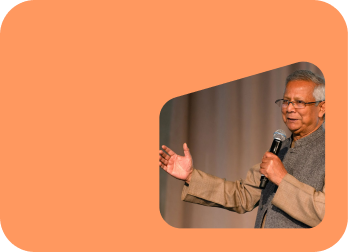- SB Wiki
-
Resources
- Site Content
- Startup Guide
- Site Image
- Funds
- Tools
- Dashboard and statistics
- FAQ
- SB-design-lab-archive
- Social Business Design lab
- Design Lab FAQ
- Nobin Udyokta (Young Entrepreneur)
- Social Business
- Guidelines
- Guided Tour
- YUNUS SOCIAL BUSINESS CENTRE
- Miscellaneous Documents
- Reports
- Case Studies
- Miscellaneous Publications
- Language
- Chinese
- News Archive
- Social Business Day Conference Volume
- Yunus Library
SB Academia
- Academia Resources
- SB Academia Conference
- Yunus SB Centre
- Books
- Publications
- Tutorials
- Academic Programs
- Activities
- Reports
SB Updates
Sb World
Explore a list of organizations driving positive change in the social business world.
See Organizations
Explore a list of organizations driving positive change in the social business world.
See Organizations
People
Discover inspiring individuals making an impact in the social business community.
See People
Discover inspiring individuals making an impact in the social business community.
See People
SB Wiki


 SOCIAL BUSINESS
SOCIAL BUSINESS 

 Events
Events News
News



